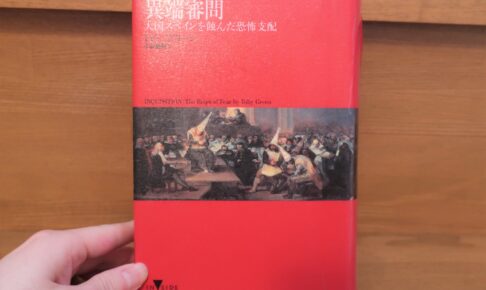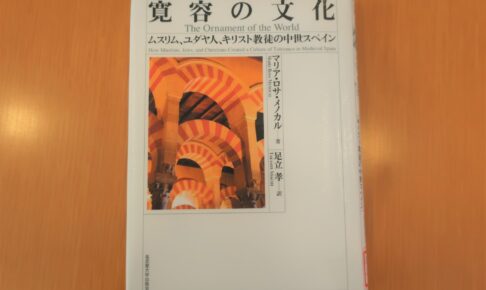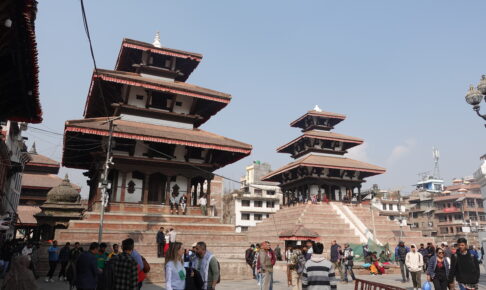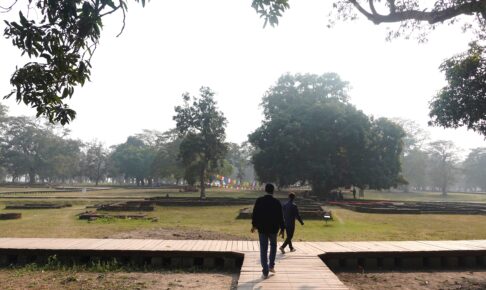(9) Montaigne and the Inquisition Connection: Spain in Decline and the Rejection of European Enlightenment Thought
Although Montaigne was a Frenchman famous for his Enlightenment ideas, it is said that his lineage had its roots in Converso, Spain. Surprisingly, the history of Spain, where the Inquisition was rampant, had a great influence on Montaigne's thought.
The Inquisition, which sought to eliminate those with hostile ideas, ended up creating these more powerful entities. The trend of distrust, skepticism, and atheism gradually eroded the authority of the Church.
It was very interesting to see how the Inquisition had a major impact on how modern European philosophers were born.









































